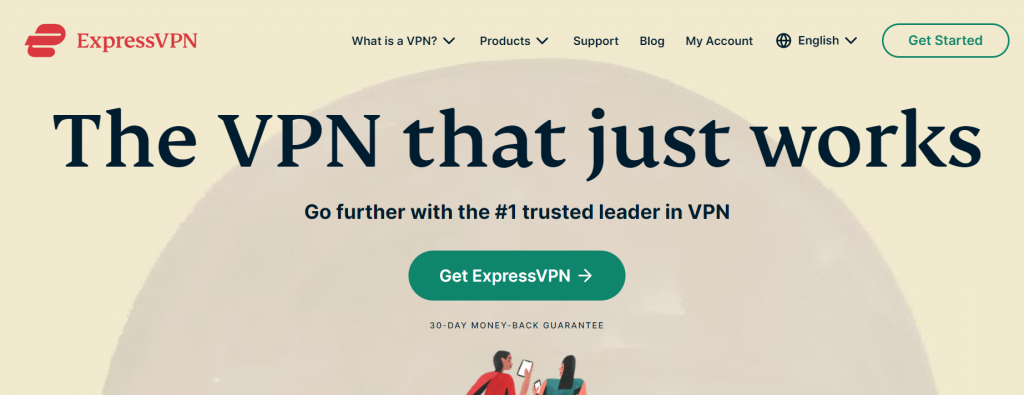
An Internet service provider, or ISP, is a company that provides people with access to the internet. They are the ones responsible for making sure you can actually get online and stay connected. There are different types of ISPs out there, and they all offer different services. Some of them just provide basic access to the internet, while others offer more specialized services like email or web hosting. No matter what type of ISP you use, they all have one thing in common: they want to make money. And how do they do that? By charging you for their services, of course! In this blog post, we will explore what ISPs actually do and how they make money. We will also dispel some common myths about ISPs so that you can better understand how they work.
What is an Internet Service Provider (ISP)?
An Internet service provider (ISP) is a company that provides customers with access to the Internet. ISPs can provide access through dial-up, DSL, cable, fiber-optic, and satellite connections. ISPs also offer other services such as web hosting, email, and Internet security. They may also provide access to online gaming and streaming video services.
What do ISPs do?
An Internet service provider (ISP) is a company that provides customers with access to the Internet. ISPs can provide access through dial-up, DSL, cable, satellite, and fiber optic connections.
ISPs are responsible for maintaining their networks and providing customer support. They also set data caps, which limit the amount of data that customers can download and upload. Many ISPs also offer additional services, such as email and web hosting.
How do ISPs Connect You to the Internet?

Assuming you’re asking how your ISP connects you to the internet once you’ve signed up for their service, there are a few different ways they can do this. The most common method is through what’s called a broadband connection, which uses either copper telephone lines (DSL), cable TV lines, or fiber-optic cables.
DSL is the slowest type of broadband connection, but it’s also the most widely available since it uses existing telephone infrastructure. Cable and fiber connections are much faster, but they’re not as widely available since new infrastructure needs to be installed.
Once your ISP has connected you to their network, they then connect you to the internet backbone – the series of high-speed data lines that make up the core of the internet. From there, you can access any website or online service in the world.
What are the Different Types of ISPs?
There are a few different types of ISPs, but the two most common are Internet Service Providers (ISPs) and Web Hosting Services (WHSs). An Internet Service Provider is a company that provides access to the internet. Most people get their internet from an ISP, whether it’s through a cable or phone line, or wireless.
A Web Hosting Service is a type of ISP that provides space on a server for websites. WHSs store all the files that make up a website and delivers them to users who request them.
An Internet Service Provider (ISP) is a company that provides customers with access to the Internet. There are different types of ISPs, which include:
1. Dial-up ISPs: These use a telephone line to connect to the Internet. They are the slowest type of ISP, but also the most affordable.
2. Broadband ISPs: These use a cable or DSL line to connect to the Internet. They are much faster than dial-up ISPs, but also more expensive.
3. Wireless ISPs: These use wireless technology to connect to the Internet. They are typically faster than broadband ISPs, but can be more expensive depending on your location.
Get The Internet Connection With ExpressVPN

An Internet Service Provider (ISP) is a company that provides access to the internet. They are responsible for maintaining the infrastructure that allows people to connect to the internet, and they also provide other services like email and web hosting.
The internet was originally conceived as open, free, and not controlled by any single company or group—full of unlimited possibilities right at your fingertips. In its best moments, the online world still exemplifies that spirit, but more often than not it seems that we’ve ceded our freedom online to others. Corporations, governments, and hackers are now able to monitor, manipulate, and restrict in once-unimaginable ways. That feeling of individual control and empowerment—it’s something we’ve lost along the way.
ExpressVPN wants to enable you to take back that control and experience an internet that is free and open, where individuals are protected and have the power to shape their own online experience. We work every day to ensure that protecting your privacy and security is easy and accessible, no matter your level of technical expertise. As every aspect of our lives becomes increasingly digital, we believe that protecting online rights and freedoms for all has never been more essential.





